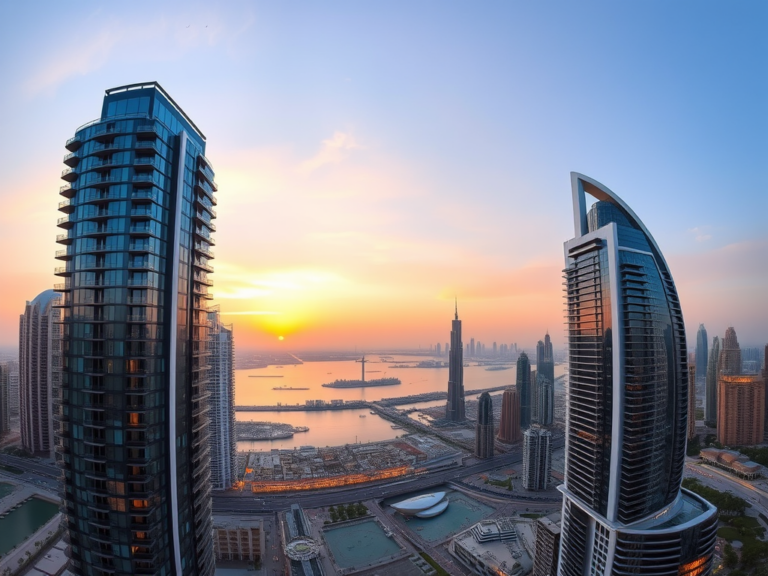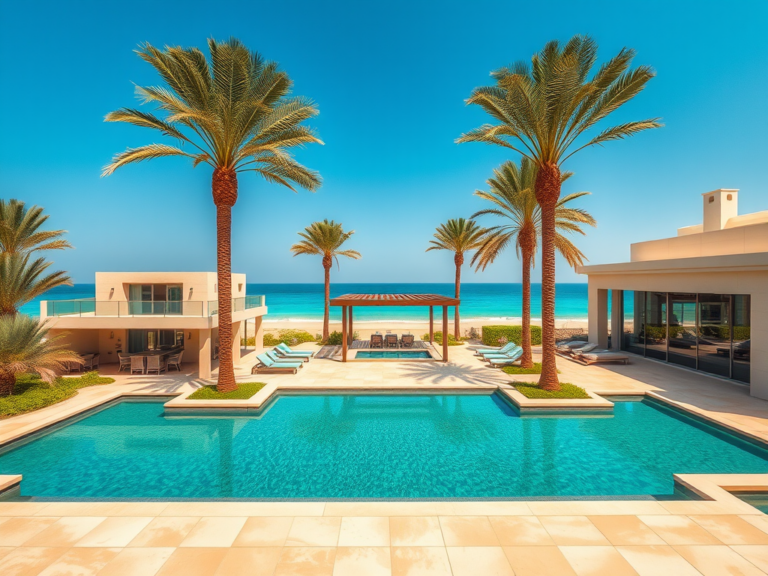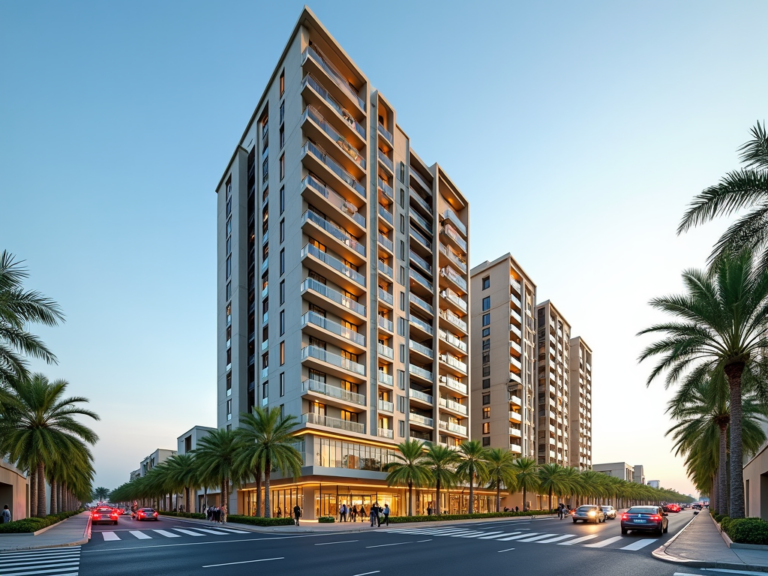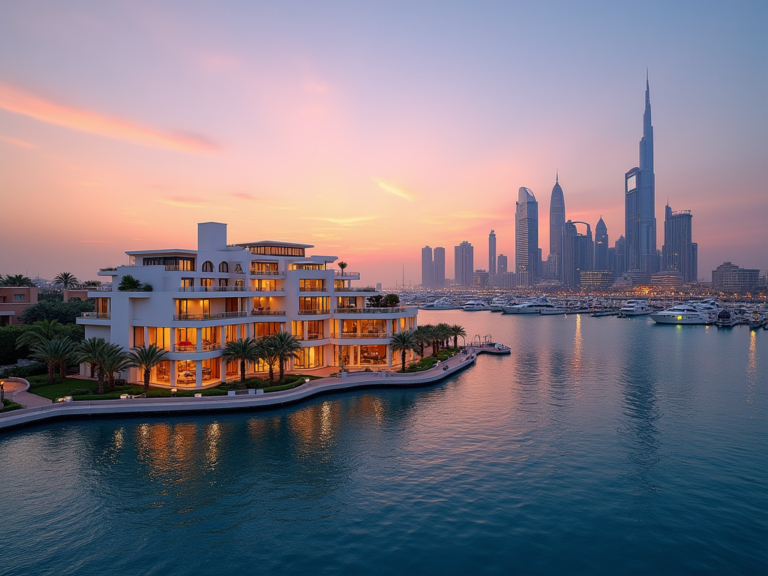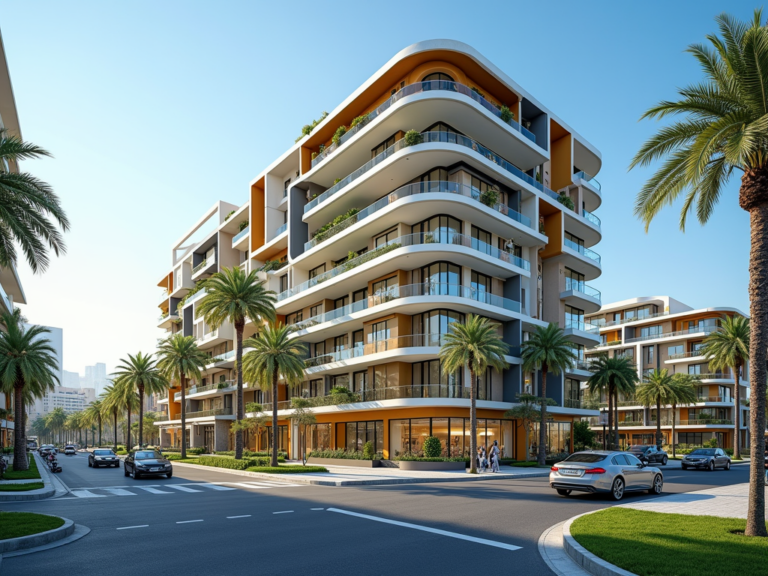Acquiring an industrial license in Dubai is a vital step for individuals or businesses looking to engage in manufacturing and industrial activities within the UAE. This license permits entities to operate legally in the region, ensuring compliance with local regulations and fostering business growth. Understanding the necessary steps and requirements for obtaining this license is crucial for a successful venture in Dubai’s thriving industrial sector.
What is an Industrial License?

An industrial license allows a business to manufacture and produce goods in Dubai. This type of license is essential for entities intending to engage in activities such as processing, assembling, and producing industrial products. Additionally, it covers a broad range of industries, including textiles, machinery, construction materials, and food production. With an industrial license, businesses can access local supply chains and export their products to international markets, thereby enhancing their competitiveness. Obtaining this license not only legitimizes the business operation but also opens doors for broader market involvement and partnerships in the UAE.
Types of Industrial Licenses in Dubai
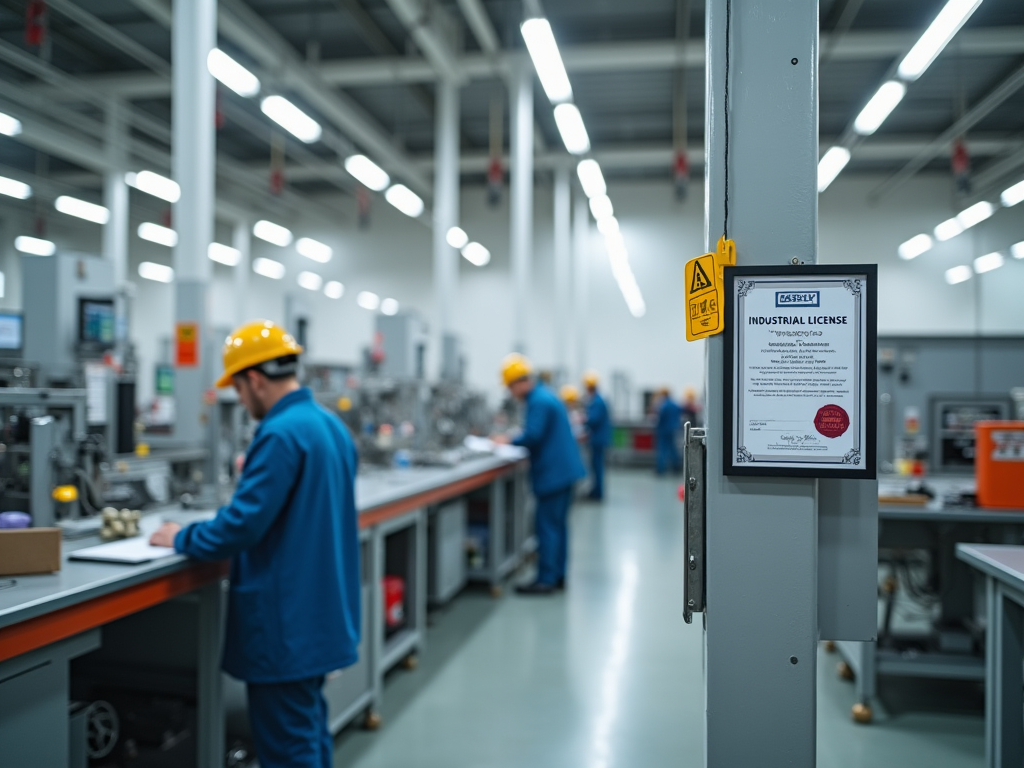
There are several types of industrial licenses available, tailored to different sectors and activities. Understanding which license fits your business model is fundamental to ensuring compliance and operational success. The primary types of industrial licenses in Dubai include:
- General Industrial License: Allows for a wide range of manufacturing activities without specific limitations.
- Specialized Industrial License: Tailored for businesses in specific sectors, such as pharmaceuticals or textiles, which may have additional regulatory requirements.
- Free Zone Industrial License: Available for businesses operating within free zones, offering benefits like 100% foreign ownership and tax exemptions.
- Industrial License for Small Enterprises: Designed for small-scale manufacturers, providing simplified regulatory processes and reduced fees.
Choosing the right type of industrial license will depend largely on the business goals, scale, and the specific activities intended to be conducted.
When applying for an industrial license in Dubai, several key requirements must be met to ensure a smooth approval process. These requirements include:
- Application Form: Completion of the application form available at the Department of Economic Development (DED).
- Project Details: A detailed proposal outlining the nature of the project, including the products to be manufactured and production capacity.
- Location of Business: Proof of a physical location, such as a warehouse or factory, must be provided.
- Financial Deposits: Depending on the scale of manufacturing, a minimum capital investment may be required.
- Trade Name Registration: Selection and registration of a trade name that complies with local regulations.
Ensuring that all documentation is accurate and complete is essential for expediting the licensing process. Consulting with local authorities or business setup consultants can provide valuable guidance and facilitate compliance with legal prerequisites.
The Application Process for an Industrial License
The application process for obtaining an industrial license in Dubai typically involves several stages. Understanding these stages can help applicants streamline their efforts. The process generally includes the following steps:
- Preparation of Documents: Gather all necessary documents, including the application form, project details, and proof of location.
- Submit Application: Submit the completed application along with the required documentation to the DED or relevant free zone authority.
- Review Process: The authorities will review the application and may ask for additional clarifications or adjustments.
- Approval: Once approved, applicants will receive their industrial license, permitting them to commence operations legally.
- Post-Approval Compliance: Businesses must adhere to ongoing regulatory and compliance requirements to maintain their license.
Staying organized during the application process and keeping track of compliance can significantly decrease the likelihood of delays or complications, thereby expediting the launch of your business.
Conclusion
In summary, obtaining an industrial license in Dubai is a critical step for any manufacturing business aiming to operate in the UAE market. By understanding the types of licenses available, the requirements involved, and the application process, entrepreneurs can navigate the complexities of establishing a legally compliant and successful industrial venture. The investment in time and resources to secure an industrial license can ultimately lead to significant benefits, including access to a growing market and the opportunity for expansion both locally and internationally.
Frequently Asked Questions
1. How long does it take to obtain an industrial license in Dubai?
The process can take anywhere from a few weeks to several months, depending on the completeness of your application and the regulatory authority’s workload.
2. Can foreign investors obtain an industrial license in Dubai?
Yes, foreign investors can obtain an industrial license, particularly in Dubai’s free zones where 100% foreign ownership is permitted.
3. Are there any specific industries exempt from needing an industrial license?
Certain industries, including some service-based businesses or shops, may not require an industrial license, but it’s essential to verify with the DED.
4. What are the costs associated with obtaining an industrial license?
The costs can vary widely based on the type of license and the nature of the business. Fees typically cover registration, licensing, and specific business activities.
5. Is it mandatory to have a physical location for an industrial license?
Yes, having a physical location is a critical requirement for obtaining an industrial license to ensure compliance with local operational standards.

